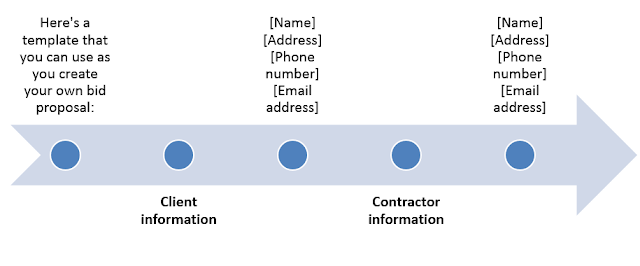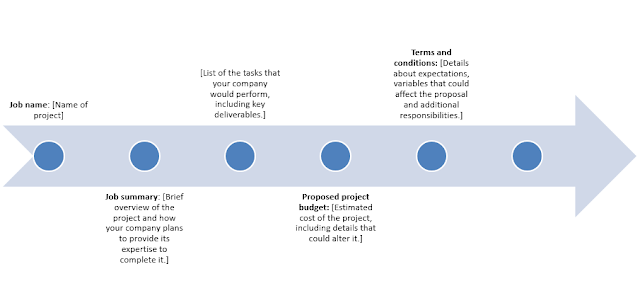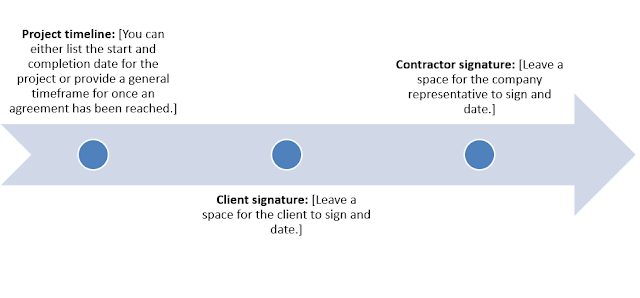Vendor Agreements
Vendor agreements come in different forms depending upon the type of business you are engaged in and the kind of services you require from the vendor
Product or Service: First and foremost, the vendor contract should contain a detailed description of the product or service that the vendor is providing to the business. This way no one is left in the dark about what is going to be supplied
Payment Agreement: Another very important aspect of any agreement is the payment details. A standard vendor contract should always layout the cost of the product or service being provided, when payments will be made, who the money should be paid to, and any terms outlining penalties for late payments
Engagement Term: A standard contract with a vendor should also specify how long the agreement will be in effect. When creating an agreement, you may choose to specify an end date for the contract or opt to outline any reasons that either or both parties may end the arrangement
Intellectual Property: If intellectual property will be used on either side, then adding a clause detailing its use and who owns it is advisable
Deliverables: If there are any deliverables to be provided under the agreement, then the contact should specify who owns them once they are delivered
Representations and Warranties: The vendor agreement should detail any warranties the vendor makes regarding the work being done or products being provided
Confidentiality: If any confidential information will be shared with the vendor, then a confidentiality clause should be included. These types of provisions usually contain points about not disclosing the confidential information to other parties and about what should be done with the information at the end of the agreement term
Limitation of Liability: This type of clause is meant to specify the degree to which the vendor will be held responsible for anything that goes wrong. Businesses will often state the amount that they will seek in damages and what the cap is on that number
Indemnification: This clause is usually added to stipulate that one party will hold the other party harmless in certain situations when something has gone wrong
Bid evaluation
Bid evaluation is the organized process of examining and comparing bids to select the best offer in an effort to acquire goods, works and services necessary to achieve the goals of an organization
A bid proposal is a document that companies use to outline the products or services, pricing and time frame they can offer clients for completing a specific project. Bid proposals are primarily used to showcase a company's qualifications and provide details for pricing so that the prospective client can decide if they are the right fit for the job
Elements of a bid proposal
Bid proposals can vary depending on the project and industry, but they usually contain a few key elements, such as the
- Client's contact information
- Contractor's contact information
- Job name
- Purpose of the proposal and project
- Services or products that would be provided
- Pricing information
- Additional terms and conditions of the agreement
- Estimated project timeline
- Signature of both parties
How to write a bid proposal
Get an in-depth understanding of the project
Before drafting a bid proposal, make sure that you understand exactly what the project entails and what the client is hoping to accomplish, You can often do this by reading the job description, but ask the client for additional information if you feel that you need more details
Research the client
Learning a bit about the client can help you write a bid proposal that both impresses them and communicates that your company is ideal for the job. If the client is another company, explore the organization's website so that you can evaluate their challenges and values
Evaluate the competition
Regardless of the project, there are likely other companies and individuals competing for the opportunity to offer their goods and/or services. By finding out who the competition is and learning a bit about them, you can create a bid proposal that helps your company stand out
Consider offering an additional good or service
In order to make sure that your company is able to set itself apart from the competition, you could include an additional service or product in your bid proposal, free of charge
Include relevant information
- It's often helpful to include things like samples of your company's work or even reviews from satisfied customers to demonstrate that your company is qualified to effectively and efficiently complete the project
Proofread your proposal
- As with any professional correspondence, it's vital that you double-check your work. Look for grammatical, spelling or formatting errors, as well as any wording that is awkward or unclear
Bid proposal template



No comments:
Write commentsPlease do not enter spam links